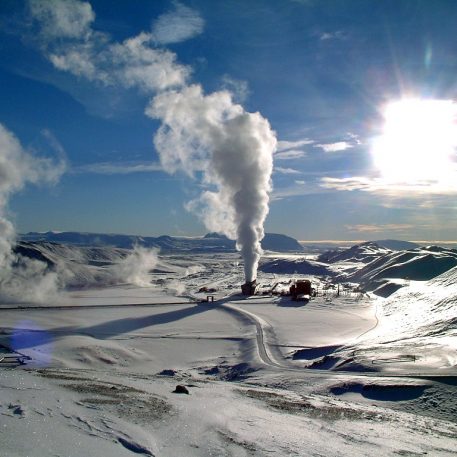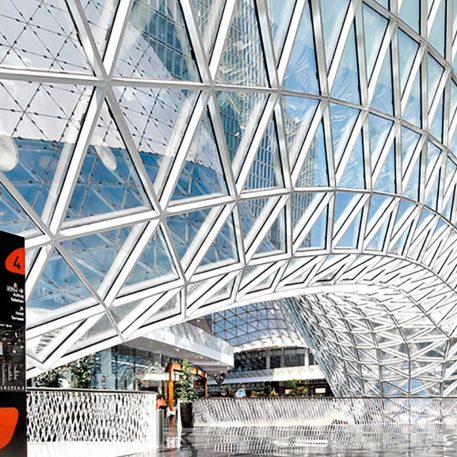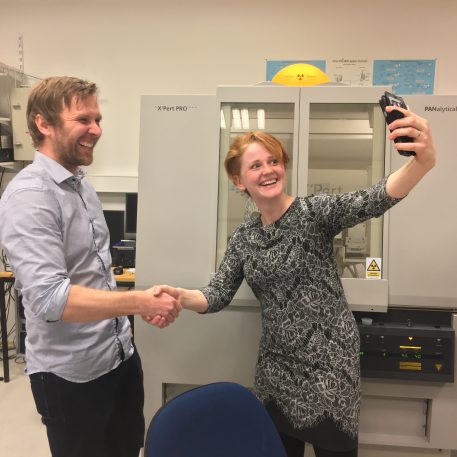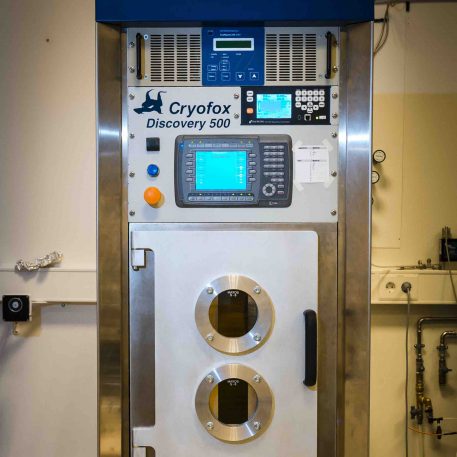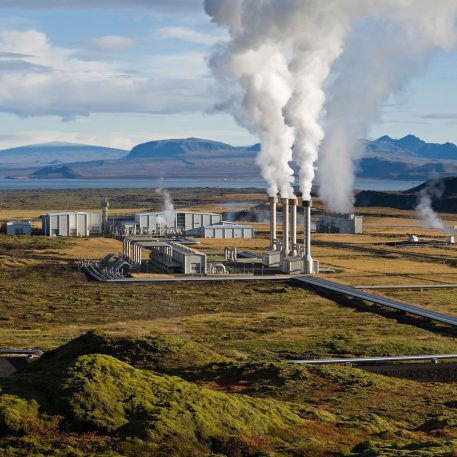Grein Research awarded GeoHEX grant
Grein Research has been awarded a grant from the EU Horizon 2020 research program together with eleven other partners from across Europe and one from Asia. The project entitled “GeoHEX — Advanced material for cost-efficient and enhanced heat exchange performance for geothermal application“ starts in November 2019 and runs for three years.
Heat exchangers are critical components of geothermal facilities, both for electricity generation and district heating. However, geothermal fluids are notoriously corrosive to metals as well as containing a large amount of dissolved minerals. Therefore corrosion and scaling pose serious problems to the operation of heat exchangers in a geothermal environment. Since heat exchangers can account for a substantial proportion of the total capital cost of a geothermal plant, it is imperative to develop cost-effective solutions to these problems.
The objective of the GeoHEX project is to develop novel coatings for heat exchanger surfaces, which reduce corrosion and scaling as well as improve heat transfer performance. This will substantially reduce the capital and maintenance cost of geothermal power plants and lower their environmental impact. Thus, GeoHEX will significantly contribute to reducing greenhouse gas emissions and enhancing energy security. Grein Research will lead the work on new metal coatings based on the materials platform developed in the recently completed “Corrosion Resistant Nanocoatings” project, which was funded by the Icelandic Technology Development Fund.
More information can be found on the Horizon 2020 website: https://cordis.europa.eu/project/rcn/225316/factsheet/en
Photo by Ásgeir Eggertsson.

